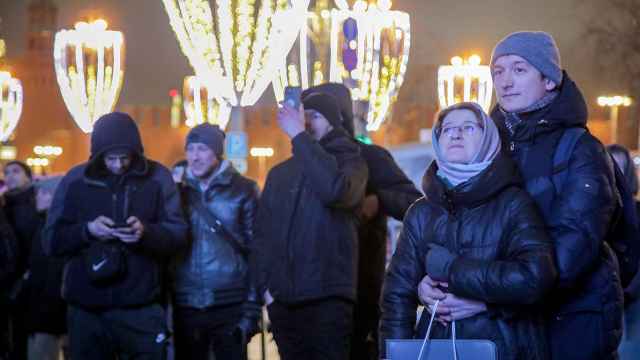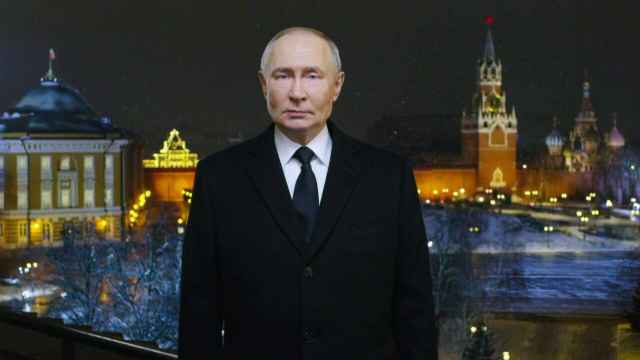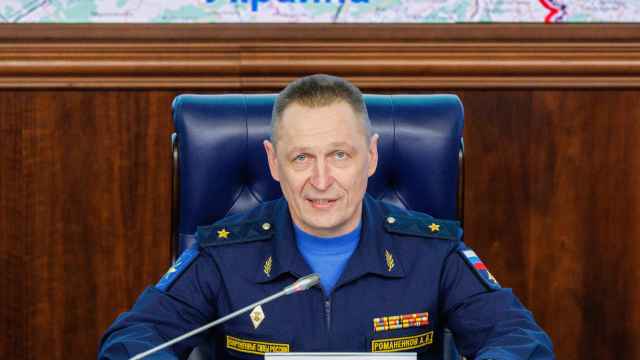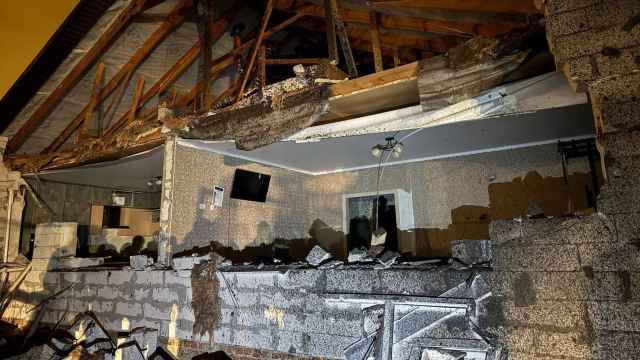President Vladimir Putin has eased his sweeping ban on public protests around the time of the Winter Olympics in Sochi in a move that will let demonstrations go ahead if they are approved by the police.
The amendments will cover the same period as the original ban — starting on Tuesday, a month ahead of the Olympics, and running until March 21, five days after the Paralympics end.
However, it remains unclear whether the decree, published on the Kremlin's website on Saturday, will provide for much additional freedom on the ground in Sochi.
Kremlin spokesman Dmitry Peskov said on Saturday that the regional administration and Games organizers would designate a special area for protest rallies in Sochi — in an indication that demonstrators might be allowed to gather in only one place.
International Olympic Committee chief Thomas Bach said last month that the Russian authorities would set up public protest zones in Sochi during the Winter Olympics.
Peskov's comments have cast doubt on whether the decree would go beyond that.
The August ban prohibited all demonstrations not connected with the Games. The measure appeared to be aimed at blocking protests against Russia's "gay propaganda" law and drew strong criticism from human rights activists.
The amendments to the protest bill could represent the latest in a series of steps taken by the Kremlin to draw away international criticism, including an amnesty for several high-profile prisoners, such as the "Arctic 30" Greenpeace activists, and the pardoning of former tycoon Mikhail Khodorkovsky.
A Message from The Moscow Times:
Dear readers,
We are facing unprecedented challenges. Russia's Prosecutor General's Office has designated The Moscow Times as an "undesirable" organization, criminalizing our work and putting our staff at risk of prosecution. This follows our earlier unjust labeling as a "foreign agent."
These actions are direct attempts to silence independent journalism in Russia. The authorities claim our work "discredits the decisions of the Russian leadership." We see things differently: we strive to provide accurate, unbiased reporting on Russia.
We, the journalists of The Moscow Times, refuse to be silenced. But to continue our work, we need your help.
Your support, no matter how small, makes a world of difference. If you can, please support us monthly starting from just $2. It's quick to set up, and every contribution makes a significant impact.
By supporting The Moscow Times, you're defending open, independent journalism in the face of repression. Thank you for standing with us.
Remind me later.





